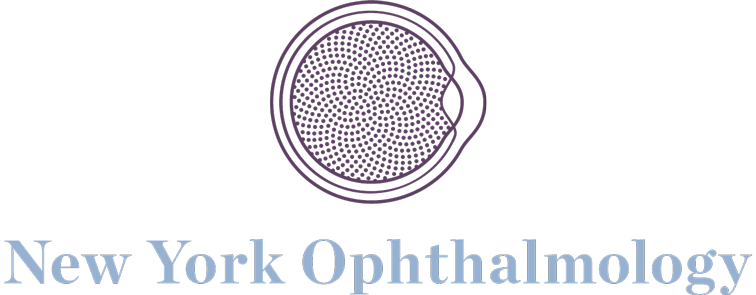In this blog post, we’ll identify steps you can take to reduce the risk of developing glaucoma and point out that our Bronx, Jamaica, Jackson Heights, Manhattan, and Brooklyn locations can screen patients from New York City and Long Island to increase the chances of early detection and treatment. Early detection is essential because, according to the Eye Diseases Prevalence Research Group, more than 2.2 million Americans have glaucoma, but only half actually know it.
What is Glaucoma?
Glaucoma isn’t a single condition. It’s a group of eye diseases that damage the optic nerve, causing vision loss if not treated. Different types of glaucoma vary in the severity of the consequences. The primary difference between the 2 types of glaucoma is that one (open-angle glaucoma) emerges very gradually without symptoms. In contrast, the other (angle-closure glaucoma), is marked by a sudden, dramatic increase in eye pressure that causes a sudden loss of vision. This sudden vision loss is an emergency that requires immediate care.
Glaucoma is associated with elevated eye pressure, but this doesn’t always occur (up to one-third of men and women diagnosed with glaucoma don’t have a history of high eye pressure), and glaucoma can develop without symptoms—hence its nickname the “silent vision thief.”
Glaucoma Symptoms You May Notice
Even though it can be challenging to notice the onset of glaucoma, paying attention to certain vision changes can help lead to early detection and treatment. You may notice just one of these symptoms or all of them. Schedule an eye exam if you notice any of these symptoms:
- Loss of side (peripheral) vision
- Inability to adjust to darkened rooms
- Blurred or foggy vision, especially when awakening
- Frequent switching of glasses
Scheduling regular eye exams, especially after age 50, is also an important step to take to ensure you catch glaucoma early. If you are diagnosed with glaucoma, several treatment options exist. These can include medication or eye surgery. Patients often don’t understand that they have options, according to the National Glaucoma Impact Survey conducted by the Glaucoma Research Foundation. That’s why it’s important to ask a board-certified ophthalmologist to explain what the possibilities are and what he or she would recommend in your specific case.
Our experienced eye doctors in the Bronx, Queens, Brooklyn, and Manhattan offer routine vision care as well as glaucoma treatments. You can contact us to request a consultation using the online form or call us at 866-599-8774 to schedule an eye exam.
